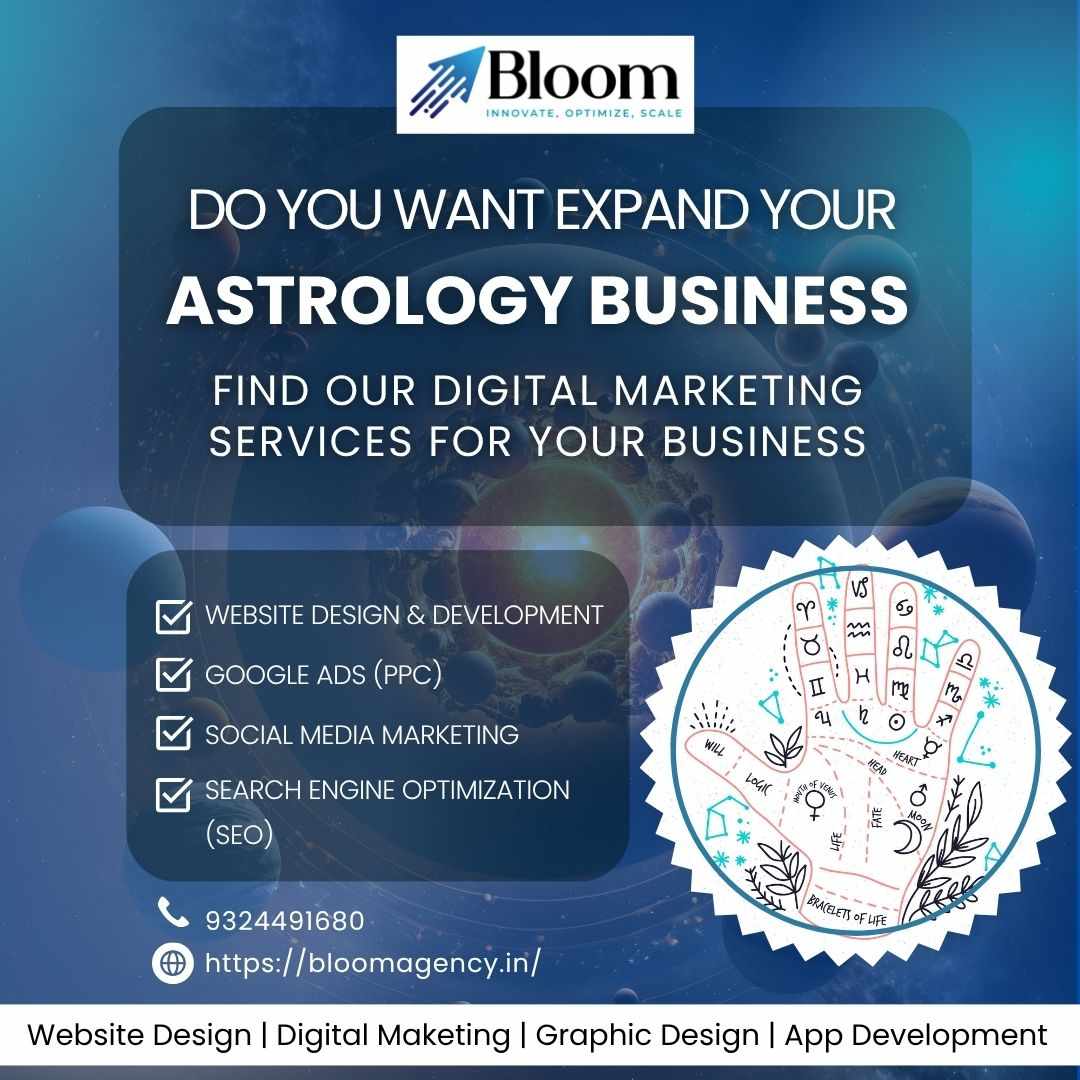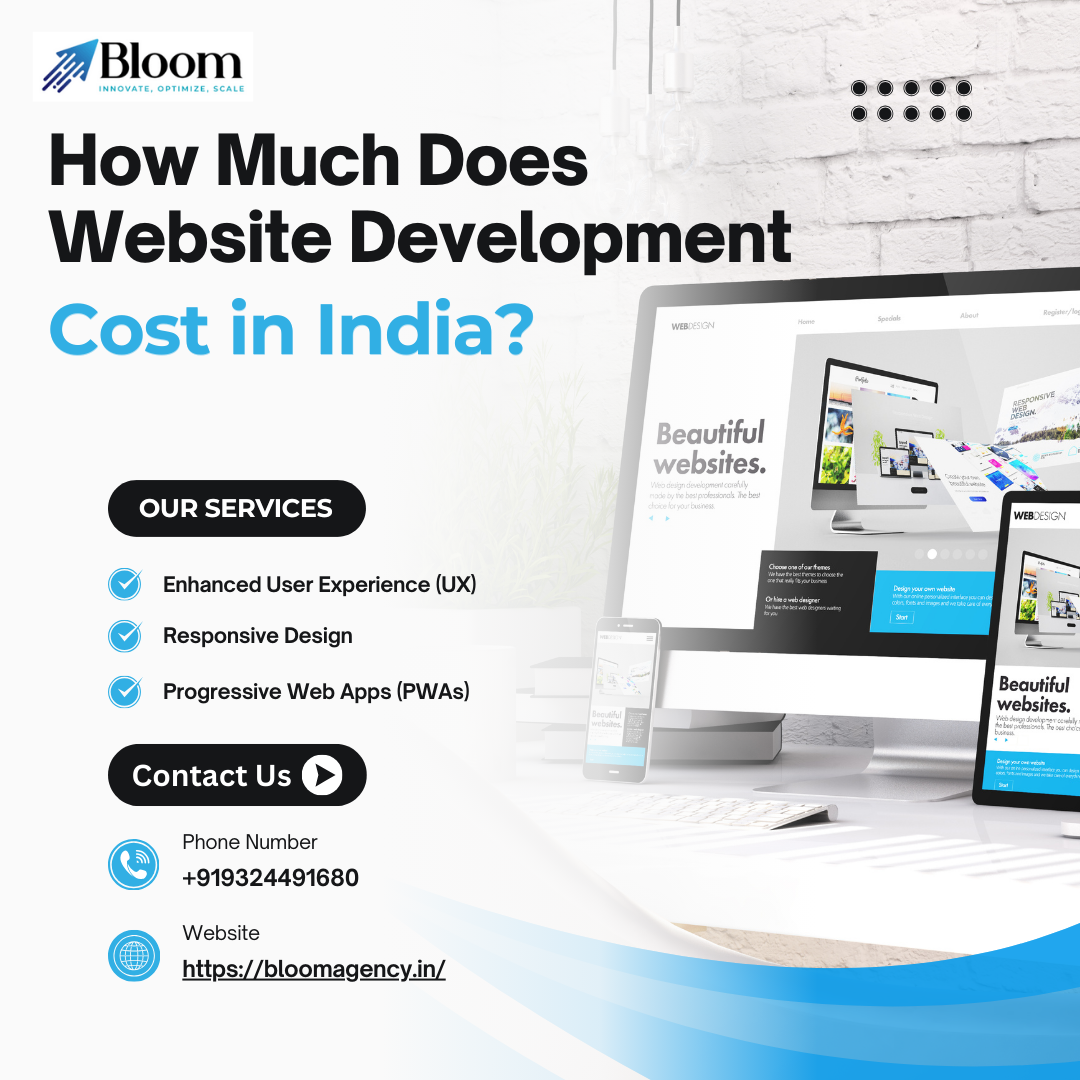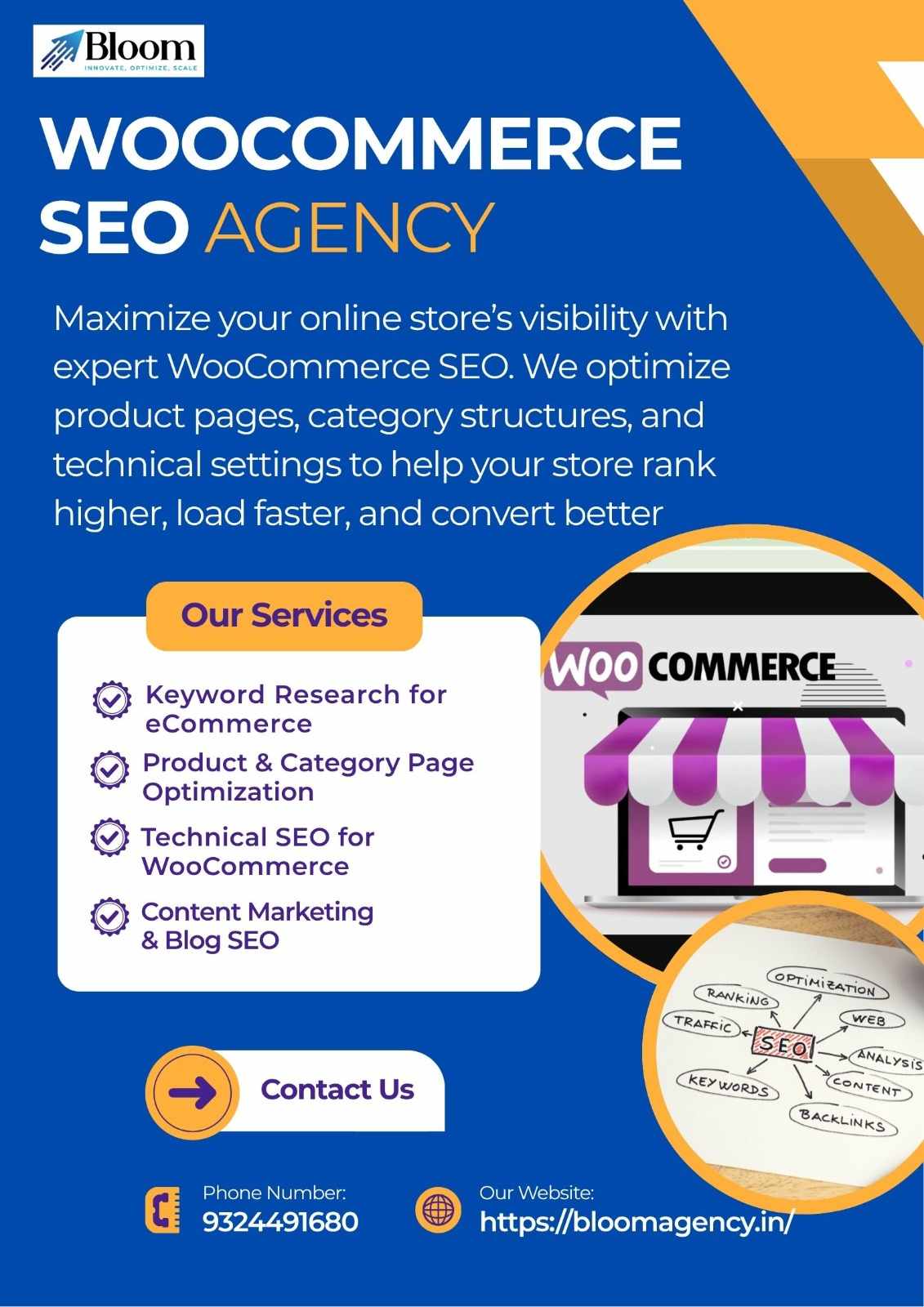
eCommerce Website Development: Building Online Stores that Drive Sales
In today’s digital-first world, having an online presence is no longer optional for businesses—it’s a necessity. With global eCommerce sales projected to surpass $8 trillion by 2027, businesses that fail to invest in a well-designed, functional, and scalable eCommerce website risk falling behind their competitors. This is where eCommerce website development comes into play.
An eCommerce website is more than just a digital storefront. It’s a powerful platform that enables businesses to reach new audiences, sell products 24/7, and create lasting customer relationships. But to succeed in the competitive online marketplace, you need more than just a website—you need a strategically developed eCommerce solution that blends technology, design, and user experience seamlessly.
In this article, we’ll cover everything you need to know about eCommerce website development—from its importance, core features, and platforms to development processes, best practices, and how to choose the right agency.
What is eCommerce Website Development?
eCommerce website development is the process of building and optimizing an online platform where businesses can showcase and sell products or services. Unlike standard business websites, eCommerce websites integrate advanced features such as:
Product catalogs and categories
Shopping carts and checkout systems
Secure payment gateways
User accounts and order tracking
Inventory management
Marketing and analytics tools
The goal of eCommerce website development is to create a seamless shopping experience that converts visitors into customers, encourages repeat purchases, and supports business growth.
Importance of eCommerce Website Development
Global Reach – An online store allows you to sell to customers worldwide, breaking the barriers of geographical limitations.
24/7 Availability – Unlike physical stores, eCommerce platforms operate round the clock, boosting sales opportunities.
Better Customer Insights – With integrated analytics, you can understand customer behavior, preferences, and buying patterns.
Cost-Effective Scaling – Expanding an online store is often cheaper and faster than scaling physical operations.
Brand Credibility – A professionally developed eCommerce website builds trust and credibility with customers.
Core Features of a Successful eCommerce Website
When developing an eCommerce website, several key features must be integrated to ensure performance, security, and user satisfaction:
1. Responsive Design
With mobile commerce accounting for more than 70% of total eCommerce sales, your website must be optimized for smartphones and tablets.
2. User-Friendly Navigation
Clear menus, product filters, and intuitive search functions make it easy for users to find what they’re looking for.
3. Secure Payment Integration
Support for credit/debit cards, UPI, PayPal, and digital wallets ensures flexibility and builds customer trust.
4. Fast Loading Speed
A delay of even one second can reduce conversions significantly. Optimized coding and image compression are crucial.
5. Scalable Architecture
As your business grows, your website should be able to handle increased traffic, product listings, and orders.
6. SEO-Friendly Structure
Clean URLs, meta tags, schema markup, and fast performance improve visibility in search engine results.
7. Robust Security
SSL certificates, data encryption, and secure checkout processes are essential for protecting customer data.
8. Personalization Options
Features like product recommendations, wishlists, and tailored discounts enhance the shopping experience.
9. Analytics & Reporting
Data-driven insights help optimize marketing campaigns and identify opportunities for growth.
10. Customer Support Integration
Live chat, chatbots, and easy-to-find contact information improve customer satisfaction and loyalty.
Popular Platforms for eCommerce Website Development
Choosing the right platform is a critical step in building an online store. Some of the most widely used eCommerce platforms include:
Shopify – User-friendly, scalable, and great for businesses of all sizes. Perfect for beginners with extensive app integrations.
WooCommerce – A WordPress plugin ideal for small to medium-sized businesses looking for flexibility and customization.
Magento (Adobe Commerce) – A powerful, enterprise-grade solution suited for large businesses with complex needs.
BigCommerce – Offers built-in SEO tools and multi-channel selling options.
Custom Development – Tailored solutions built from scratch for complete flexibility and unique business models.
The eCommerce Website Development Process
A structured development process ensures your eCommerce website is not only visually appealing but also functional, secure, and conversion-focused.
1. Requirement Analysis
Understanding the client’s business model, target audience, and goals is the foundation of successful development.
2. Planning & Platform Selection
Choosing the right platform (Shopify, WooCommerce, Magento, etc.) based on scalability, budget, and features required.
3. UI/UX Design
Designing a responsive, user-friendly interface that reflects your brand identity and enhances the shopping journey.
4. Backend Development
Building secure databases, APIs, and server-side functionalities to manage products, orders, and users.
5. Frontend Development
Developing interactive features, navigation, and product display sections to deliver a smooth experience.
6. Integration
Implementing payment gateways, shipping APIs, marketing tools, and third-party applications.
7. Testing
Conducting performance, security, and usability testing to ensure everything functions smoothly before launch.
8. Deployment & Launch
Making the website live with necessary hosting and domain configurations.
9. Ongoing Maintenance
Regular updates, security patches, and performance optimization to ensure long-term success.
Best Practices for eCommerce Website Development
Prioritize Speed & Performance – A faster site means higher conversions.
Focus on SEO from the Start – Incorporate keyword-rich content, alt tags, and structured data.
Leverage Social Proof – Customer reviews, testimonials, and ratings build trust.
Use High-Quality Product Images & Videos – Visuals greatly influence purchase decisions.
Enable Omnichannel Integration – Sync your website with social media, marketplaces, and mobile apps.
Adopt a Mobile-First Approach – With mobile usage on the rise, designing for smaller screens is critical.
Offer Multiple Payment & Shipping Options – Convenience drives higher sales.
Regularly Update Content – Keep product descriptions, blogs, and banners fresh and relevant.
Cost of eCommerce Website Development
The cost of building an eCommerce website varies depending on several factors:
Platform choice – Shopify vs. custom development
Design complexity – Standard themes vs. custom UI/UX
Features required – Basic vs. advanced functionality (subscriptions, AI recommendations, etc.)
Product catalog size – Few products vs. thousands of SKUs
Ongoing maintenance & marketing – SEO, hosting, and security updates
On average, small business eCommerce websites may cost $2,000 – $10,000, while large enterprise solutions can go upwards of $50,000 or more.
Why Hire a Professional eCommerce Website Development Agency?
While DIY solutions exist, partnering with an experienced eCommerce development agency offers several advantages:
Expertise in UI/UX design and coding
Faster turnaround with professional teams
Integration of advanced features
Ongoing support and maintenance
SEO and digital marketing alignment
Customized solutions for scalability and performance
An agency ensures your website isn’t just functional—it’s optimized to generate traffic, increase conversions, and drive long-term business growth.
Final Thoughts
In a highly competitive online marketplace, businesses cannot afford to overlook the importance of a well-developed eCommerce website. From choosing the right platform and implementing user-friendly designs to integrating secure payment gateways and SEO strategies, every step of eCommerce website development contributes to building a strong digital presence.
Whether you’re a startup launching your first online store or an established business looking to scale, investing in professional eCommerce website development services is a smart move. Done right, it transforms your website into a powerful sales engine—helping you attract, engage, and retain customers in the long run.




















Write a comment ...